Today’s topic is an (ahem) uncomfortable discussion for most, but something that affects an estimated 5% of Americans, at some time in their lives.
Urinary Incontinence refers to the state of being unable to control bladder function completely.
Incontinence can place difficulty on one’s lifestyle, especially if it interferes with regular activities. One such activity, swimming, can be daunting for those with bladder control issues. Fortunately, this is something that can be overcome.
- Incontinence defined
- Types of Incontinence
- Swimming and Incontinence
 Incontinence defined
Incontinence defined
Incontinence is an involuntary action in the body, and there are different types of incontinence. Involuntary or incidental losses of urine from the bladder or feces from the bowel are two examples of forms of incontinence. There are many different health issues that can be associated with incontinence; including stress, surgery, pregnancy, asthma, diabetes, menopause, and others.
For those who have fecal incontinence, it is hard to control bowel movements. Fecal incontinence can have multiple possible reasons – including weak back passage muscles from birthing, surgery, tumors, constipation and severe diarrhea. 1 in 20 people will experience bowel movement incontinence at some point in their adult life.
Incontinence is more common in women as it can stem from pregnancy, childbirth and menopause. Childbirth and pregnancy stretches the pelvic muscles that support the urethra, causing stress incontinence while participating in activities that push down on the bladder.
 Types of Incontinence
Types of Incontinence
Two specific forms of incontinence are urge incontinence and stress incontinence. The sudden and strong need to urinate – also known as overactive bladder – is known as urge incontinence. Urge incontinence is increasingly more common as we age. It can become worse with consumption of alcohol, carbonated drinks, tea or coffee. Symptoms can get even worse in circumstances of stress.
Stress incontinence is the event in which small amounts of urine leaks during instances when pressure increases on the abdomen and push down on the bladder. Usually happens in women, and sometimes in men. Stress incontinence is known to occur with coughing, sneezing, laughing, and physical activities such as participating in sports, walking or lifting. It is for this reason that swimming is a physical activity can possibly bring about incontinence.
Another type of incontinence, known as Total urinary incontinence, occurs in fewer individuals, and refers to continuous and total loss of bladder control. Sufferers may use a urine collection bag, worn on the upper thigh, to capture urine.
 Swimming and Incontinence
Swimming and Incontinence
Leakage can occur in small or large amounts, however there are ways to adapt to this. For fear of incontinence altering your experience in the pool, you can utilize adult swim diapers.
Swim diapers can be used on swimmers of any age, including young children to elderly adults. Incontinence is not specific to certain ages, and though it is known to be more common as we get older; it affects other age demographics as well.
Properly sized, swim diapers will not leak, and will not let pool water soak in. Most are washable and reusable, or there are also disposable swim diapers. They are slim and tight fitting, and worn discreetly under a regular bathing suit.
There are numerous types of pads and diapers that can be used; however the standard diapers and pads shouldn’t be used to swim with. Depends® and others can become bloated with water and easily allow for waste to leak into the pool. Many public pools allow for the use of swim diapers but prohibit wearing non-swim diapers in the pool.
Adult swim diapers – unlike the typical adult diaper – do not swell up. The typical adult diaper can soak up the water and weigh down the swimmer while the swim diaper allows water to pass through so it doesn’t soak up.
Don’t let a little thing like incontinence keep you from enjoying the health benefits of swimming and water exercise.

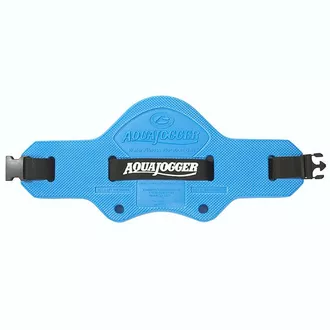
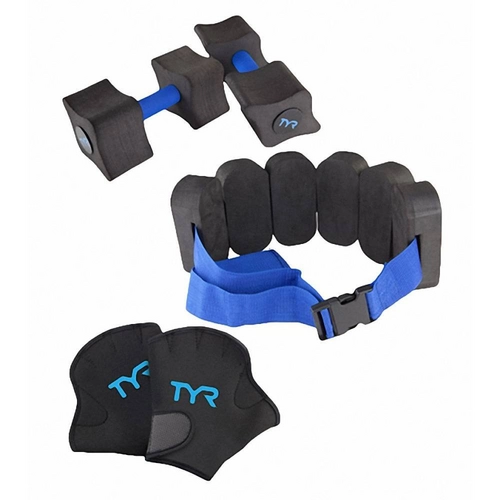
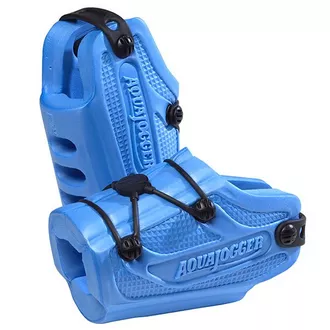
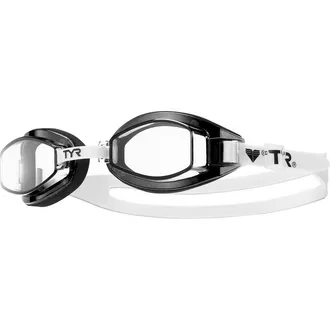
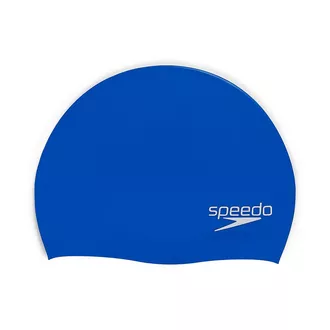
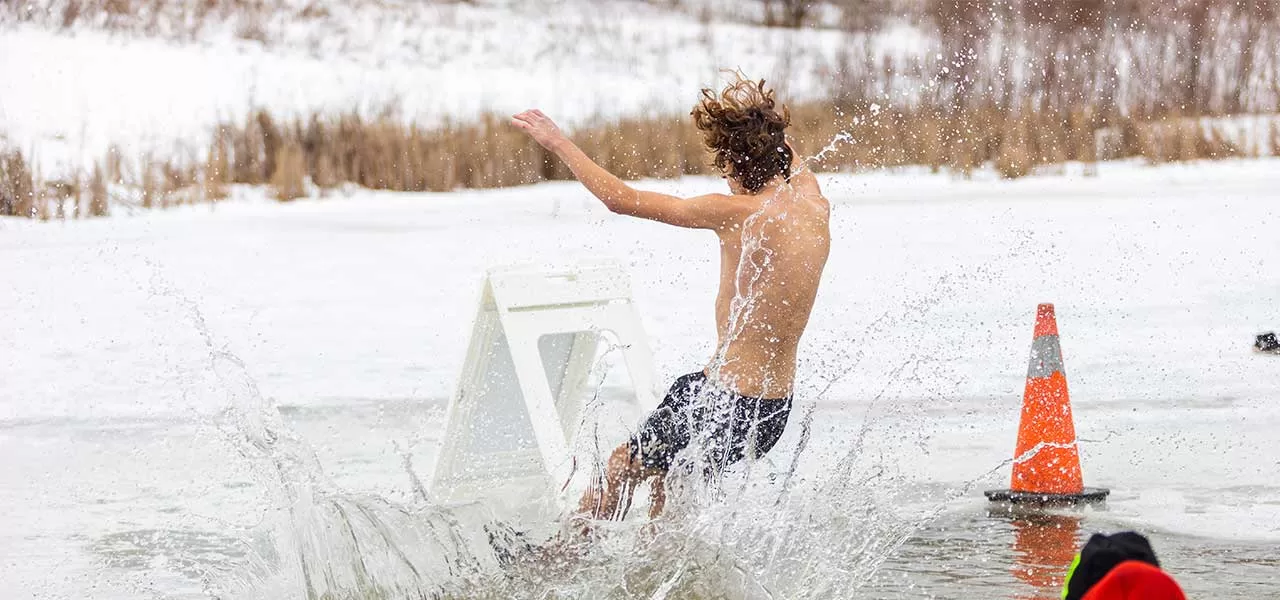
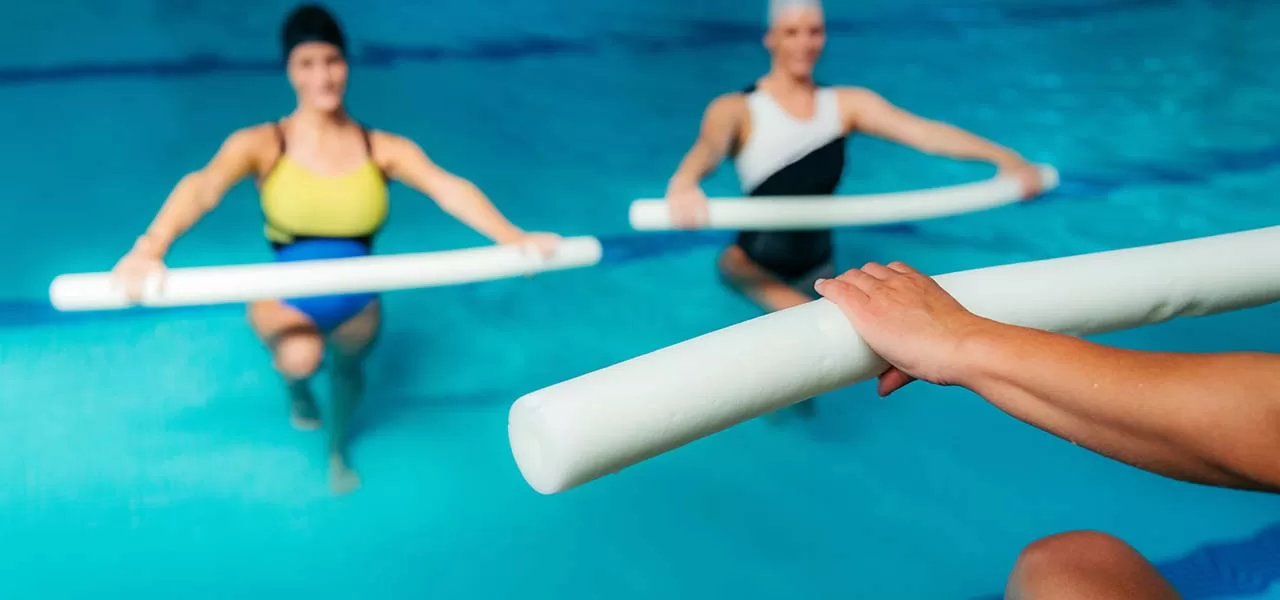
I want to exercise in water.
Dr.Pool
Have you hear of Kes-Vir Swimwear – fashionable incontinence swimwear?